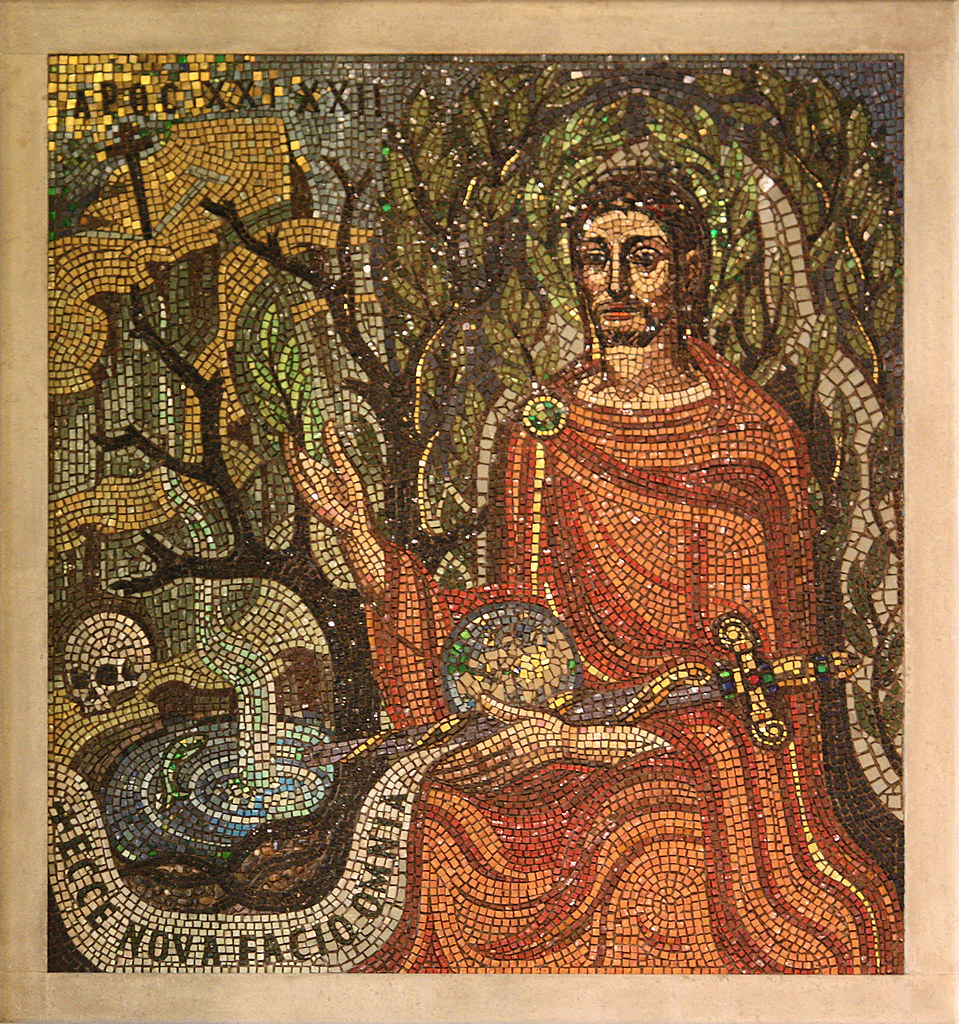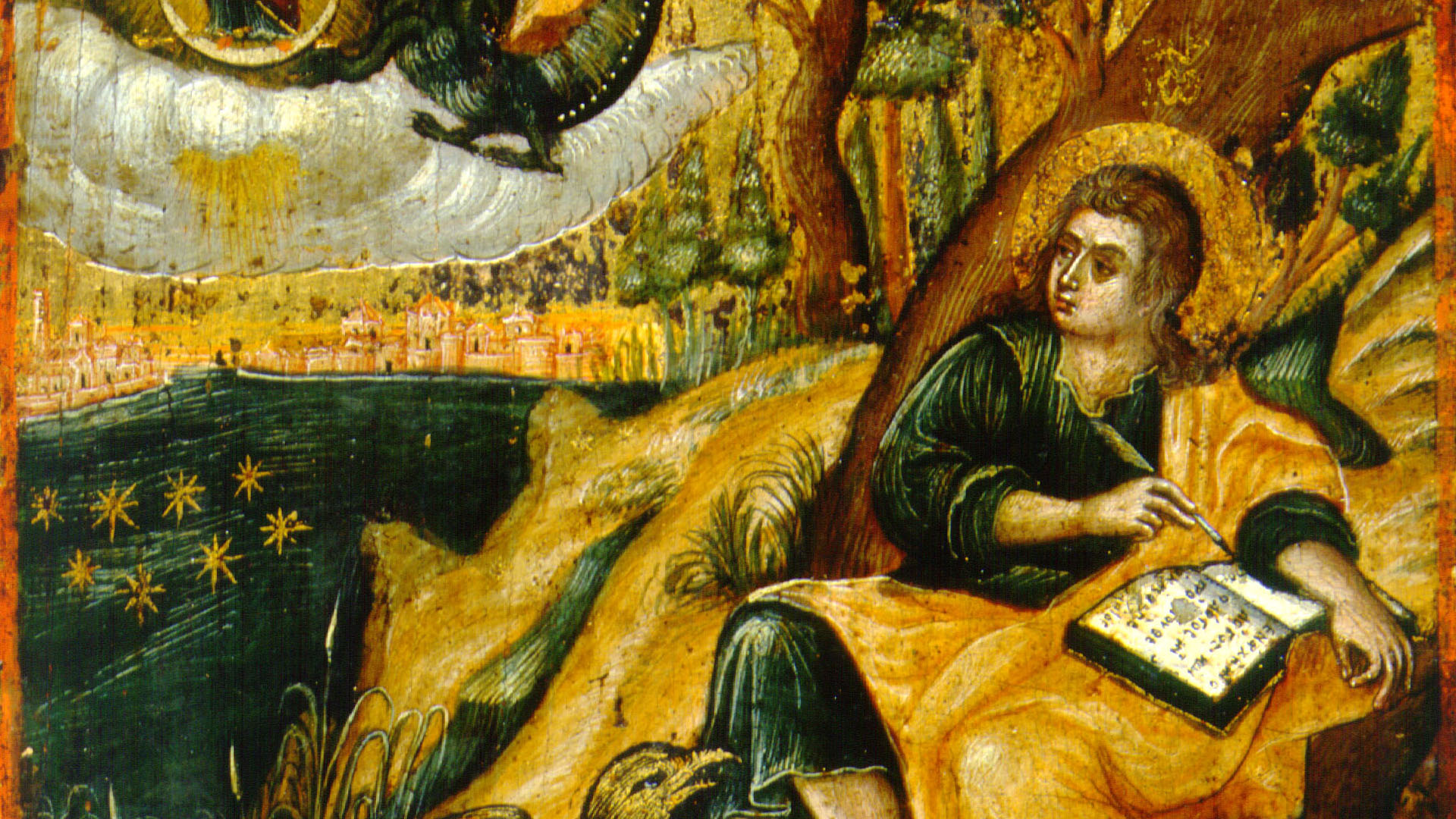
As vital as it is to our basic sanity to honor our senses’ report regarding the centrality of our Earth – both in our daily experience and as concerns our ultimate salvation – it is a necessity of modern sophistication to also acknowledge the (latest count) trillions of galaxies beyond our own, and the vastness of God’s creation beyond the context which points, quite surprisingly but meaningfully, to us. Indeed, every time we fancy we’ve got our minds wrapped around God’s wisdom, we would do well to loosen the grip, or else await the next painful reality check from the world beyond.
If all that is a synchronic reminder, we can already suspect there will be a diachronic admonition as well. As so there is. Augustine taught us to forego speculation on “what God was doing before creating the world” (see Confessions, bk. XI), since time was created along with the cosmos, and thus there could be no temporal “before” where there was no time. But even if we get the point, our reason may again grow too self-congratulatory. No temporal anteriority, yes – but no “before” at all?
Was nothing else – perhaps non-temporal but still eventful – “going on” in God anterior to the creation of our universe? If God is infinite and eternal, we have no right to say this, and if our already humiliated reason is still functioning at all, we have every reason to deny it. But again, this does not remove the meaning from “In the beginning…”, or diminish the drama of our history, any more than studying astronomy need turn a phenomenologically geocentric context into fiction. Holding on to both perspectives will be more necessary than ever as Christian belief moves more deeply into the surreally changing world of the 21st century.
And there is more (as with God there always is): “See I make all things new!” we read at the end of the Bible’s last book. Here too we should keep our imagination in check lest we think we have got this one in cognitive control. As God reigns, “spatially”, over abundant reality beyond our cozy Earth, and also possesses a full and active life “before” our world began, we can be sure there is much to anticipate “after” the last trumpet has sounded.
If God is Newness by Nature, and resolves to make “all things” new, we can expect that the final outcome of the New Testament may be a full immersion of our human and cosmic reality in a permanent surprise: an unending and unspeakably beatifying renewal of our nature in refreshing and ever expansive transcendence. Awaiting us may be hopeful and non-repetitive mornings of days we never dreamed of, and fulfilments and consummations that will never end, having come full circle and encompassed their very beginnings.



